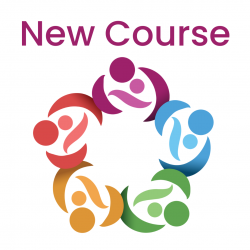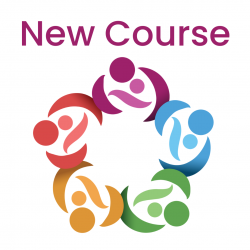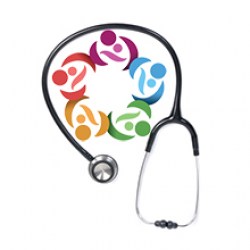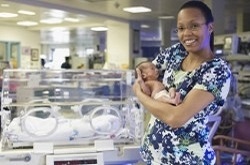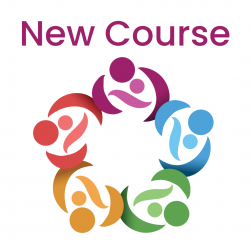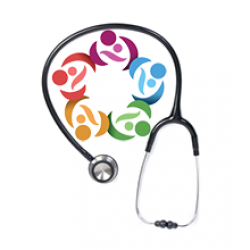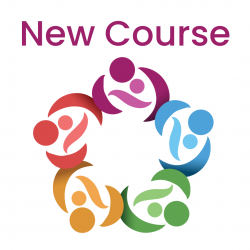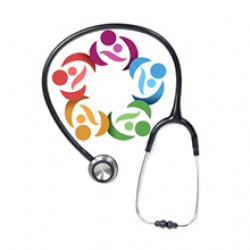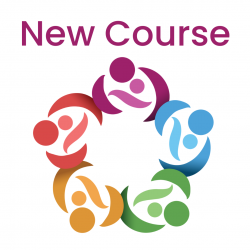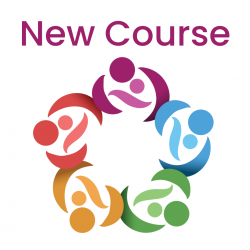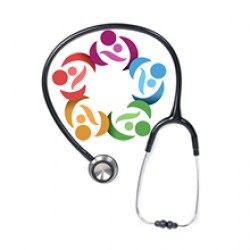Continuing Education
A Case Study Approach to Critical Thinking Skills for Lactation Professionals
Solving Complex Lactation Challenges
ARRIVE Trial: A Critical Analysis & International Perspective
Deeply hone your research analysis skills
BreaSteps: Breastfeeding the Premature Infant
Premature baby in the NICU setting and skin-to-skin ...
Breastfeeding and Motherhood from the Perspective of Islam
Key understandings for culturally humble, effective ...
Breastfeeding Infants and Children with Malignancy
A Guide to Supporting the Whole Family
Breastfeeding Infants and Children with Malignancy for Physicians
A Guide to Supporting the Whole Family
Breastfeeding/Chestfeeding the Late Preterm Infant for Physicians
Clinical strategies that support lasting success
Building Bridges: The Power of Partnerships in Advancing Breastfeeding/Chestfeeding Support
Create Connections that Work in Your Own Setting
Complementary and Alternative Medicine in Breastfeeding Therapy
Powerful new tools for your toolbox
Comprehensive Review of Infant Suck
Normal infant suckling, suckling challenges, and how to help
Creating a Lactation Private Practice
Plan, Launch, Manage, and Grow Your Business
Empowering Parents: The Importance of Prenatal Lactation Assessment and Support
Setting parents up for success
Filling the Gaps in Paediatric Lactation Support for Physicians
Supporting Breastfeeding Through Childhood Illness


